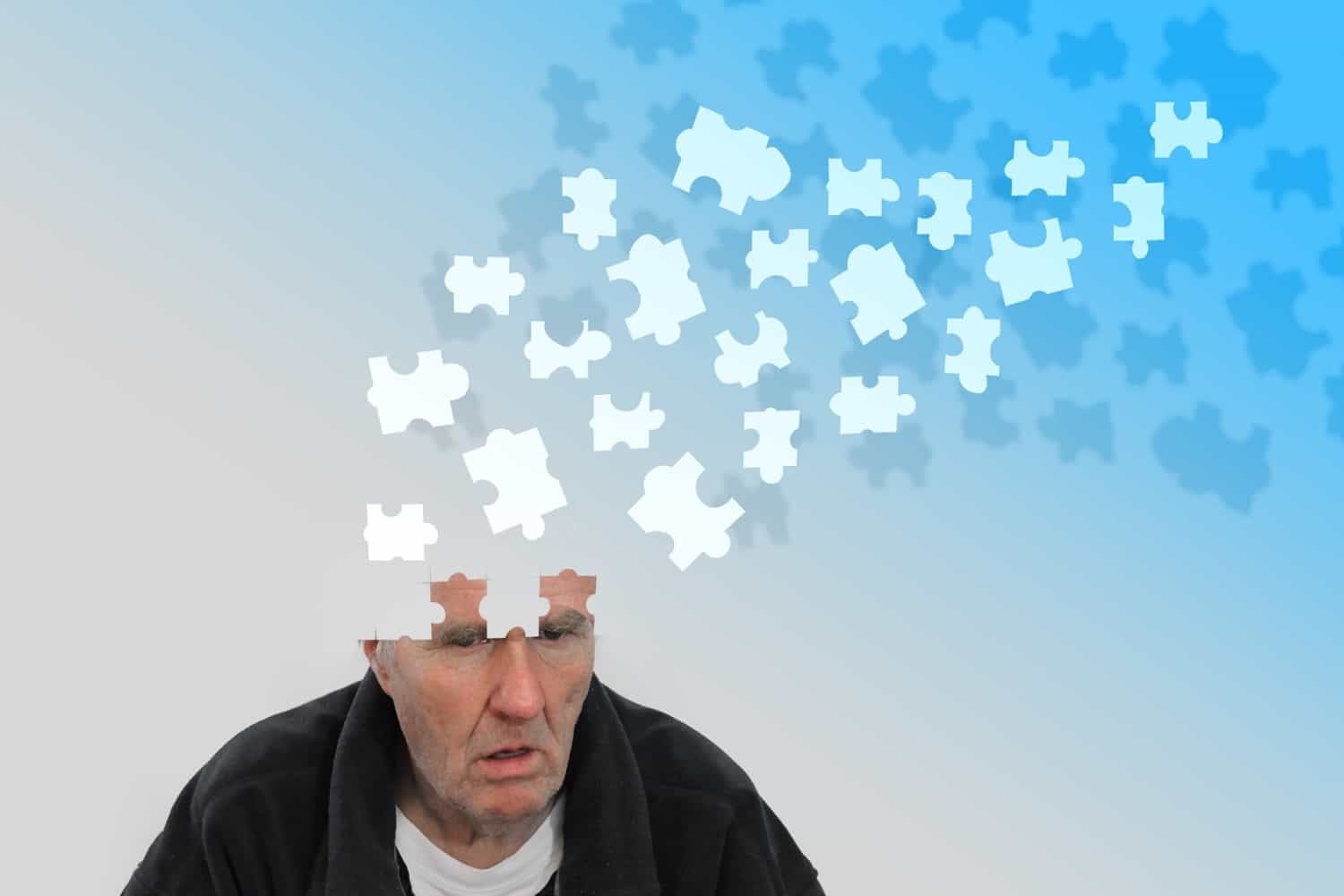Many people are familiar with the common symptoms of Parkinson’s disease, such as uncontrollable tremors, but Parkinson’s can also cause a wide variety of other symptoms which may be less familiar. So what causes Parkinson’s and what are some of the lesser-known symptoms which may help an early diagnosis?
What causes Parkinson’s?
Your body moves in response to signals from the nerves in your brain in the area known as the substantia nigra. The ‘messages’ from the nerves to the rest of your body are carried by the chemical dopamine. Parkinson’s is caused when the brain stops producing dopamine, which causes damage to the nerves and interferes with the smooth communication. This means that movement can no longer be controlled properly.
But Parkinson’s causes a range of other symptoms too, and some of these can show themselves before the characteristic shaking appears, making it possible to form a diagnosis earlier.
The main symptoms
There are three main symptoms of Parkinson’s.
Shaking or tremors in your body is the most common symptom. This usually starts in a small way, such as a slight trembling in your hand when you’re relaxed, but as the illness progresses it can affect most of your body and can be very debilitating.
Parkinson’s also causes your movements to slow down, so you may find it takes a long time to do everyday tasks such as cooking or cleaning. Patients often develop a shuffling style of walking – sometimes it feels as though you are ‘stuck to the ground’.
You may also find your muscles get stiff, which makes it difficult and uncomfortable to move around, and sometimes the muscles can go into painful spasms.This stiffness can even affect facial muscles, so people with Parkinson’s may seem to have a blank or distorted face.
Other physical symptoms
Parkinson’s can also cause other physical symptoms. Some patients experience pain in their muscles, and they may have difficulties controlling their bladder or suffer from constipation. Occasionally, muscles can freeze, making movement difficult, whilst dizziness and eye problems can cause people to fall. Fatigue is also a common symptom, as well as issues with the skin and scalp such as excessive sweating. If the Parkinson’s affects the mouth and throat, this can lead to problems swallowing and sometimes difficulties with speech and communication.
Mental symptoms
Many people don’t realize that Parkinson’s can also cause mental problems, such as anxiety and depression, memory difficulties and occasionally hallucinations and delusions. People with Parkinson’s may also have insomnia, which contributes to feelings of fatigue during the day.
Early symptoms
Often the more severe symptoms of Parkinson’s don’t show themselves until the disease is relatively advanced, but sometimes patients show early signs. Losing the ability to smell can indicate the onset of Parkinson’s, and sometimes people begin to use a much quieter voice. If your handwriting becomes smaller, this can be another early sign, or if you begin to stoop or become hunched.
How is Parkinson’s diagnosed
There is no definitive test for Parkinson’s; the disease is normally diagnosed by looking at the overall combination of symptoms. Most Parkinson’s patients won’t have all the symptoms, but especially if the three main symptoms are present, then it’s likely that Parkinson’s will be diagnosed.
How can Parkinson’s be treated?
There is no cure for Parkinson’s. It’s a progressive disease so symptoms are likely to get worse over time. However, much can be done to help patients manage their symptoms to help them lead as normal life as possible. In the early stages many people manage without needing treatment, but in time medication may be needed to help control symptoms.
Physiotherapy can help improve muscle stiffness and pain, and speech therapy can make a significant difference to those whose speech or swallowing is badly affected. Occupational therapy is also an important aspect of treatment, enabling patients to manage their day-to-day living and maintain a good quality of life. Some patients may even benefit from surgery to manage more extreme problems.
Of course, it’s important to remember that there can be many other causes for all these symptoms. But if you notice two or more of these signs, and they persist for a while without any other explanation, then it’s worth making an appointment to see your family doctor.
Sources:
http://www.parkinson.org/Parkinson-s-Disease/10-Early-Warning-Signs-of-Parkinson-s-Disease
http://www.nhs.uk/Conditions/Parkinsons-disease/Pages/Introduction.aspx















